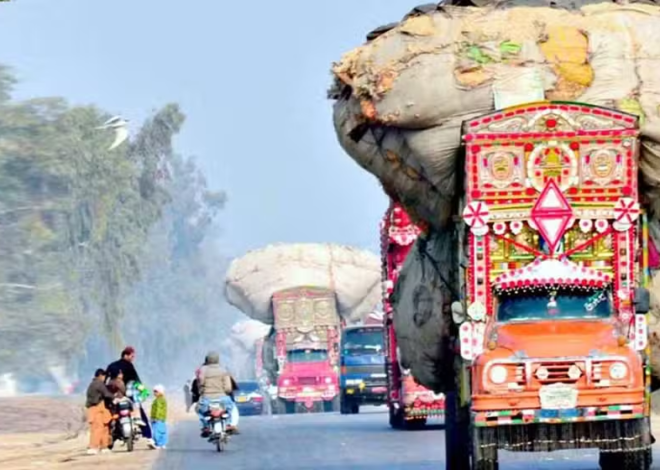
BISP to End Franchise System Amid Corruption Allegations
In a significant move, the Benazir Income Support Programme (BISP) is set to abolish its franchise system following widespread corruption complaints. The decision comes directly from Chairperson Rubina Khalid, who aims to streamline the distribution of monetary aid and curb corrupt practices within the system.
Corruption Complaints Prompt Action
The franchise system, which has been the primary mode of delivering financial aid to BISP beneficiaries, has long been plagued with corruption allegations. Chairperson Rubina Khalid, during her secret visits to various franchise centers, was made aware of numerous complaints from women cardholders about misconduct and exploitation. These revelations spurred her decision to eliminate the franchise model and opt for a more transparent approach.
As the largest social protection initiative in Pakistan, BISP plays a crucial role in providing financial assistance to the country’s poorest and most vulnerable citizens. With reports of corruption tainting the system, the need for reform became apparent.
New Distribution Model: Direct Transfers via Bank Accounts
To address these issues, BISP has signed agreements with six banks to distribute monetary assistance to beneficiaries through online wallet accounts. Under the new arrangement, payments will be directly transferred to the bank accounts of BISP cardholders, eliminating the need for intermediaries and franchises.
This move is expected to enhance transparency and ensure that beneficiaries receive their due without interference. According to sources, the switch to direct transfers via online banking will also help prevent fraud and misuse of funds, a key concern that had plagued the previous franchise model.
A Step Toward Reform
Rubina Khalid’s decision to abolish the franchise system is seen as a step toward improving the efficiency and credibility of the BISP. The new banking agreements aim to create a safer and more secure way for beneficiaries to receive their financial aid without the risk of corruption.
The direct transfer model aligns with global best practices in social welfare distribution and is expected to significantly reduce opportunities for intermediaries to exploit the system. By removing the franchise layer, BISP aims to put an end to the practices that have undermined the program’s integrity.
BISP’s Legacy and Ongoing Challenges
BISP, launched in 2008 and named after the late Benazir Bhutto, has been regarded as Pakistan’s most systematic and largest social safety net. The program was introduced after the tragic assassination of Bhutto as part of the Pakistan People’s Party’s (PPP) commitment to social welfare and poverty alleviation.
Since its inception, BISP has provided critical monetary support to millions of poor and needy individuals across Pakistan. However, the system has not been without its challenges. Over the years, BISP has faced repeated accusations of corruption, inefficiencies, and the misuse of funds, prompting calls for reform.
In May 2023, President Asif Ali Zardari appointed Rubina Khalid, a senior leader of the PPP, as the new Chairperson of BISP. Her appointment came at a time when the program was facing increased scrutiny for its alleged mismanagement. Khalid has since taken steps to address these concerns, with the decision to end the franchise system being one of her first major reforms.
A New Era for BISP
With the franchise system now on its way out, beneficiaries of BISP will experience a more direct and secure method of receiving their funds. The introduction of the online wallet and bank transfer system is expected to increase trust in the program and safeguard the interests of those who rely on it for survival.
The move to abolish the franchise system is not only a response to corruption complaints but also a proactive measure to modernize BISP’s operations. It signals the government’s commitment to making BISP more transparent, efficient, and accountable to the people it serves.
For millions of Pakistanis, particularly women who depend on this monetary support, this reform could mean an end to the exploitation they have long endured under the franchise system. As the new system is implemented, all eyes will be on how effectively it can eliminate corruption and deliver on its promise of equitable financial assistance to the country’s most vulnerable citizens.







